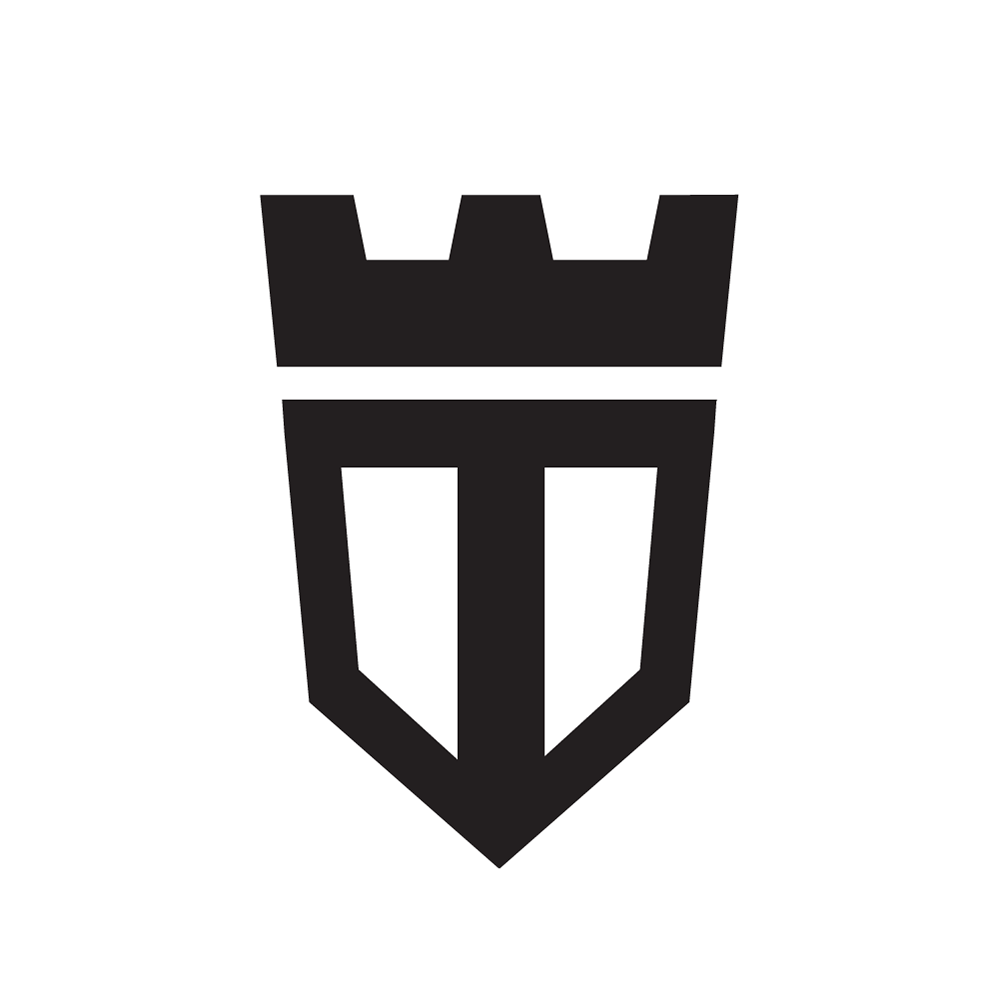The technology behind Morra (MORRA) is deeply rooted in Web3, a revolutionary framework that leverages decentralization and blockchain technology to provide players with genuine ownership of their in-game assets. This approach marks a significant shift from traditional gaming models, where players do not truly own the items they acquire within games. Instead, Web3 technology ensures that these digital assets are securely stored on the blockchain, granting players full control and ownership.
Morra operates on a blockchain that is designed to be transparent and secure, which is crucial for maintaining trust and integrity within its ecosystem. The blockchain's decentralized nature means that no single entity has control over the entire network. This decentralization is achieved through a distributed ledger system, where multiple nodes (computers) validate and record transactions. Each transaction is cryptographically secured, making it nearly impossible for bad actors to alter or tamper with the data.
To prevent attacks from bad actors, the blockchain employs consensus mechanisms such as Proof of Stake (PoS) or Proof of Work (PoW). These mechanisms require validators to solve complex mathematical problems or stake a certain amount of cryptocurrency to validate transactions. This process ensures that only legitimate transactions are added to the blockchain, making it highly resistant to fraud and hacking attempts. Additionally, the use of smart contracts—self-executing contracts with the terms of the agreement directly written into code—further enhances security by automating and enforcing contractual agreements without the need for intermediaries.
In the context of the Morra Games Ecosystem, MORRA serves as the native cryptocurrency that fuels the next generation of gaming DAO (Decentralized Autonomous Organization) culture. Token holders within this ecosystem play a pivotal role in game development and publishing. This participatory model empowers players and developers alike, fostering a collaborative environment where decisions are made collectively rather than by a central authority.
The emergence of player-owned economies is another critical aspect of Morra's technology. By utilizing blockchain, players can trade, sell, or lease their in-game assets on decentralized marketplaces. This not only provides economic opportunities for players but also ensures that the value of digital assets is preserved and can be transferred across different games and platforms. The concept of true ownership is further reinforced by the interoperability of these assets, allowing them to be used in various applications within the broader Web3 ecosystem.
Moreover, the transparency of the blockchain allows for verifiable scarcity of digital assets, which can enhance their value and desirability. Each asset's history and ownership can be traced back to its origin, providing a level of authenticity and provenance that is not possible with traditional digital items. This transparency also extends to the governance of the Morra Games Ecosystem, where all transactions and decisions are recorded on the blockchain, ensuring accountability and fairness.
The integration of Web3 technology into Morra not only transforms the gaming experience but also opens up new possibilities for innovation and creativity. Developers can create more immersive and interactive games by leveraging blockchain's capabilities, while players can benefit from the economic opportunities and true ownership of their digital assets. This symbiotic relationship between technology and community is at the heart of Morra's vision for the future of gaming.
 Most Visited
Most Visited Chain Ranking
Chain Ranking Overall NFT Stats
Overall NFT Stats New Pairs
New Pairs Trending Pairs
Trending Pairs Gainers & Losers
Gainers & Losers Community Votes
Community Votes Top Traders
Top Traders Feeds
Feeds Topics
Topics Lives
Lives Articles
Articles Research
Research



































